Competing while school isn’t in session: Is it too much?
Many college sports continue their annual schedule during times when student athletes are out of school
More stories from Parker Reed
Photo by Kendall Ruchti
The question continues to arise when students are forced to stay on campus during breaks from academics.
Spring break, summer break, Thanksgiving break and winter break are all periods of time where college students can take a break from their studies and enjoy some free time away from their daily responsibilities. The same cannot be said for student athletes, however.
When winter break commences in less than a month on the UW-Eau Claire campus, many of the school’s athletic teams will continue to play.
The men’s and women’s basketball teams each have eight games during the break, the men’s hockey team has seven, the women’s hockey team has six and many other programs play a significant number of games during the upcoming winter break. So, is this fair to the student athletes involved in these programs?
On the surface level, it’s not fair for these athletes to have to continue to play during times when class is not in session. If the team is associated with a particular university, then athletics and academics should occur concurrently, and not independent from one another. In addition to having to constantly compete, these student athletes do not get to take full advantage of their “break.”
A large majority of students that attend Eau Claire are from another city or state, and the majority of them would return to their home if given the chance during breaks. But, with athletic competition commencing before the new semester begins, these athletes do not have the chance to spend an extended period of time home with their families. With the possible long commute, and convenience of just staying on campus, living out of town and competing on a university level academic team is not feasible.
On the flip side of that, student athletes are aware of what they’re getting into when they try out for any team. Previous season schedules, planned itinerary and transparency from the coaching staff are all common points where student athletes find out that they have to continue to train and compete during periods where classes have concluded. On top of that, these contests are essential to maintaining the length of the average season.
Without the extra month that winter break provides, many athletic programs would not have an ample amount of time to compete in as many games as they would like to. As it is, most programs have at least two or three days between games during the season to ensure both mental and physical health for both the student athletes and their coaching staff. So, with that amount of recovery time, having the extra month to compete is absolutely essential.
If the teams were not able to compete during this period of time, they would lose roughly 30 percent of their season. That amounts to less experience for the athletes, less chance of earning revenue for the University and a long period of time where the team can become rusty and lose their competitive edge.
Now when the question of whether it is fair to have student athletes compete during breaks from school or not is asked, I have to simply answer yes. The student athletes are aware of what being involved with the team entails, and it is essential to the livelihood of the program. Without it, athletics would seemingly come to a halt whenever classes were not in session, and that would not be good for the programs or the universities that they represent.

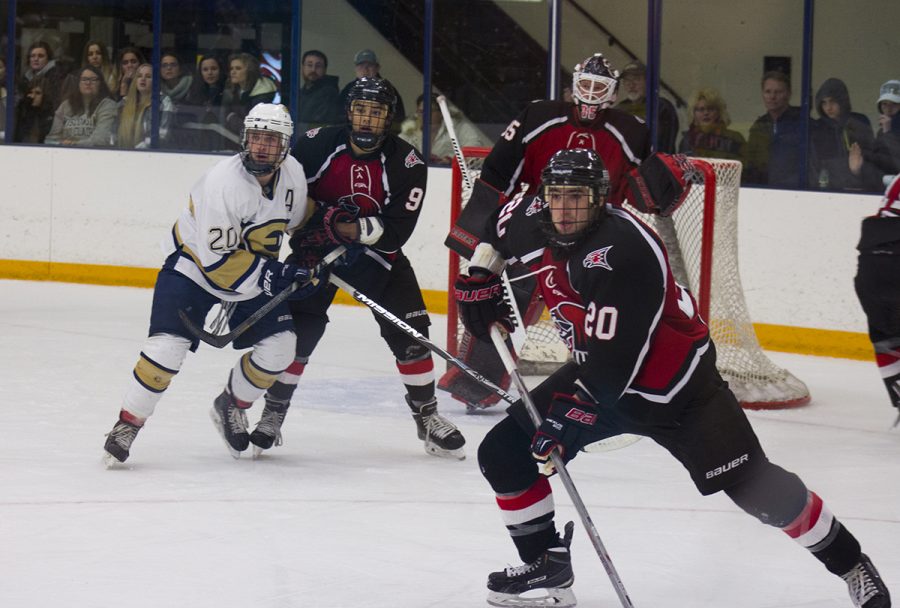
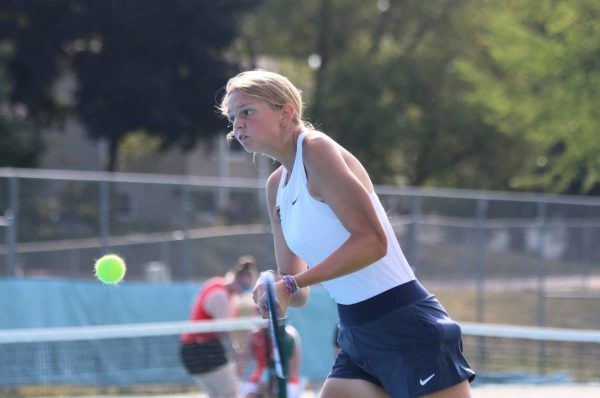


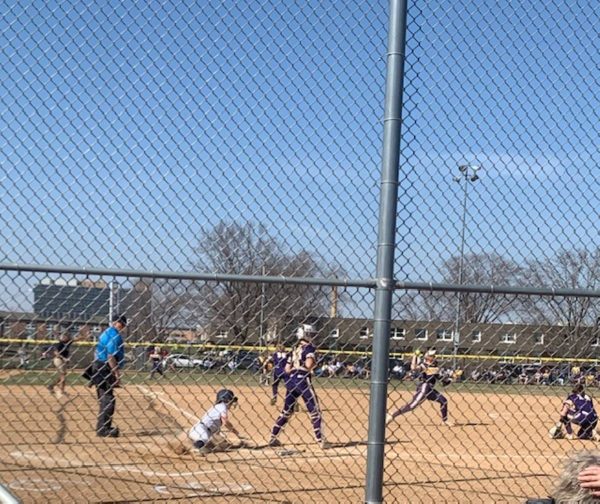
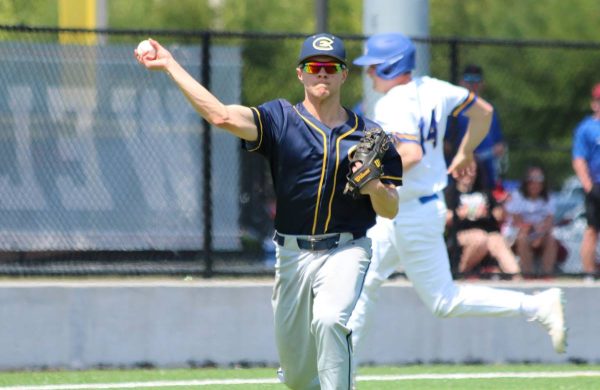
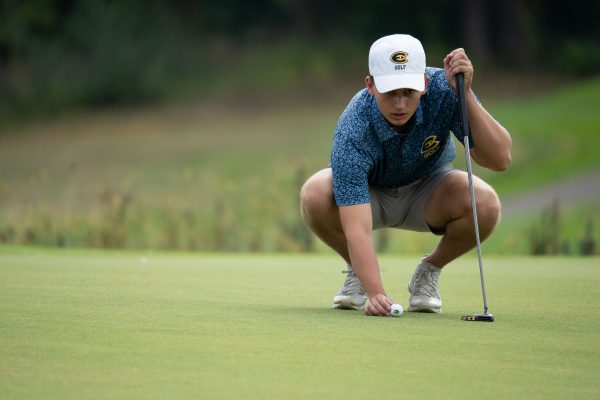
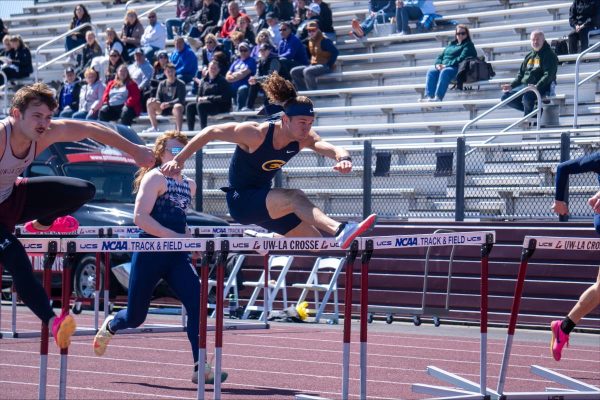
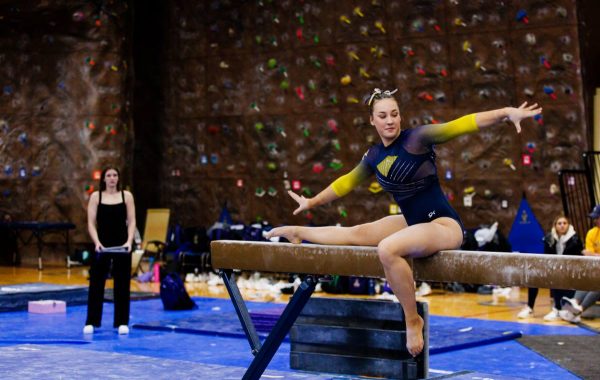
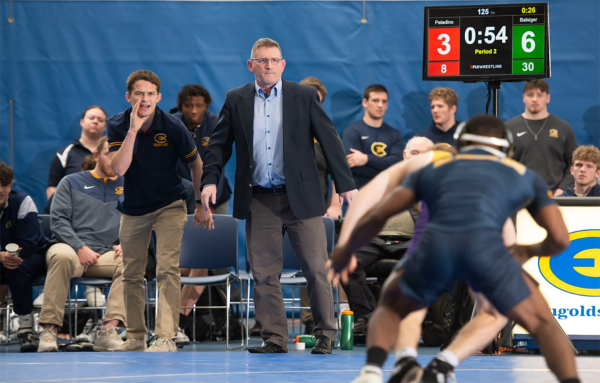

Former Student Athlete • Dec 10, 2016 at 4:48 pm
Parker- What do the athlete’s say about these issues? It is one thing to observe the student athlete experience, and quite another to live it. Why not let the athlete’s tell their opinions?